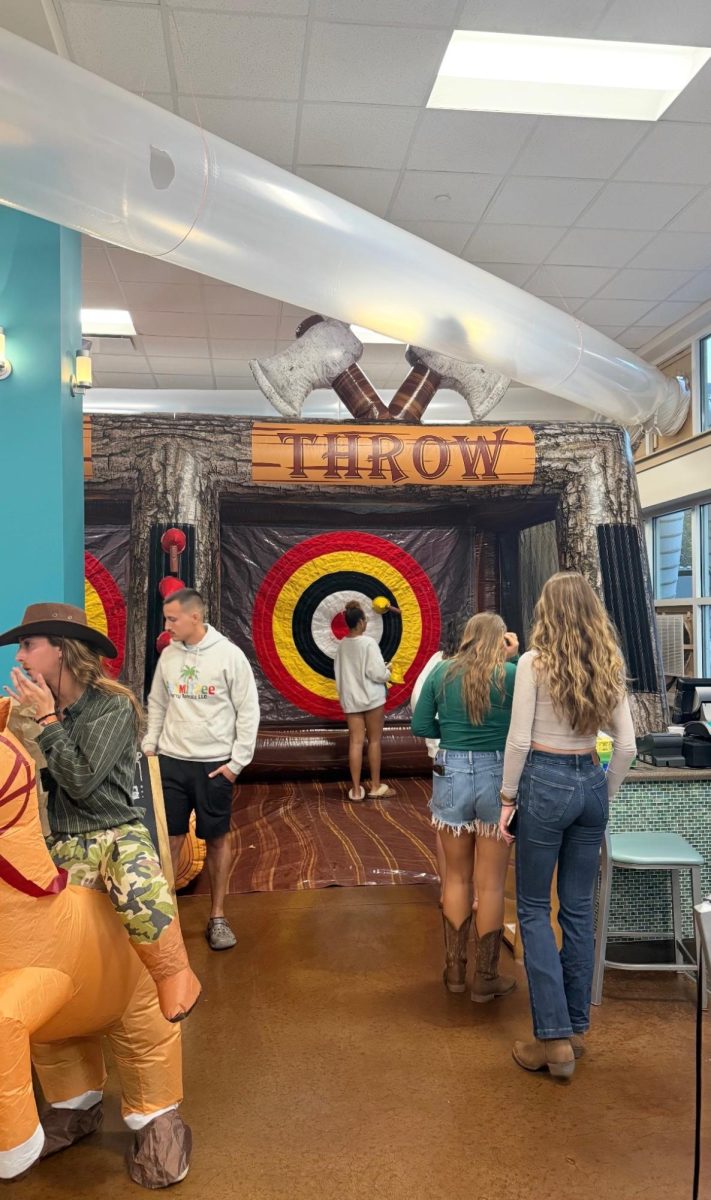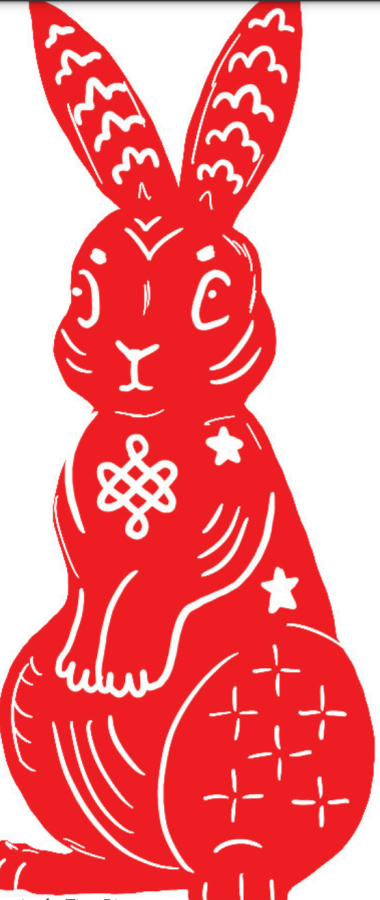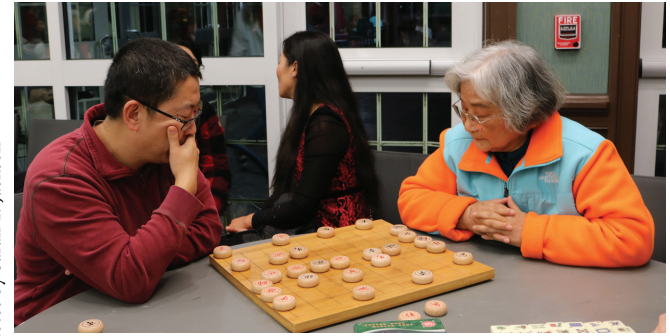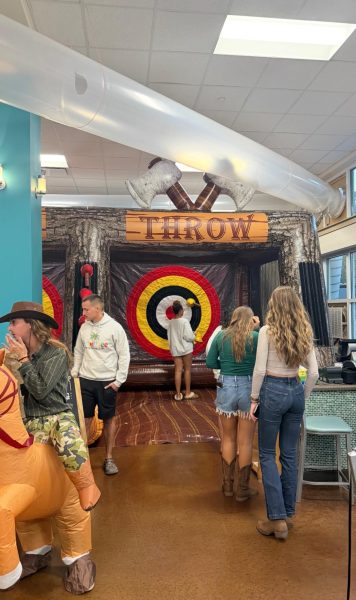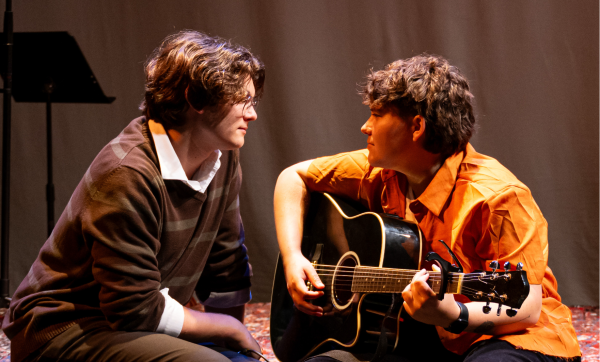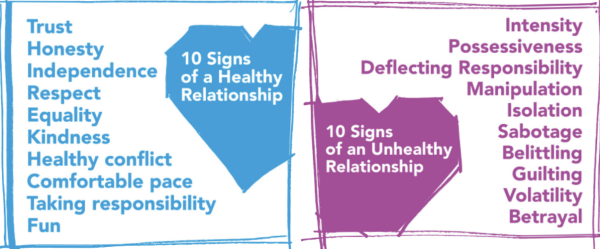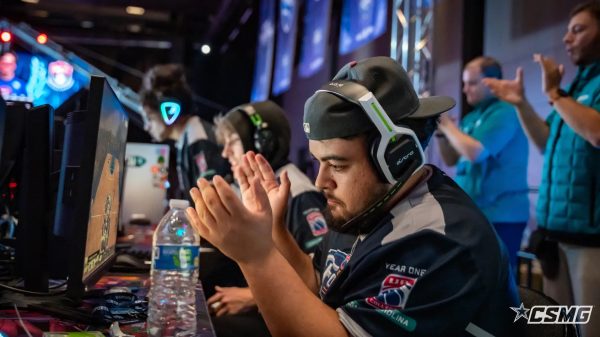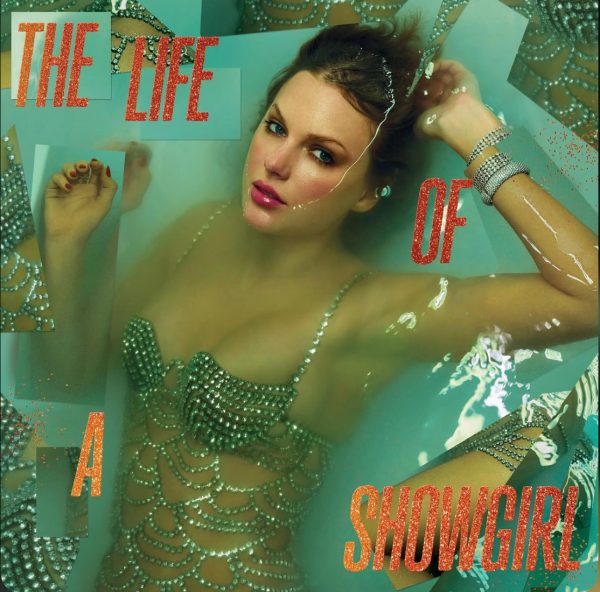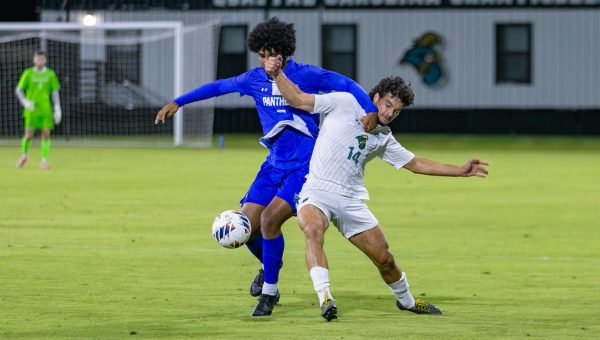Chinese program celebrates Lunar New Year
Year of the rabbit brings hope and peace in 2023
The Intercultural Language Resource Center and the Center for Global Engagement held their annual Lunar New Year celebration on Friday Jan. 20.
The event featured an array of activities pertaining to Chinese culture, including two performances by Chinese language students.
Xinyi Tan, an assistant professor of Chinese and French, said the Lunar New Year is the most widely celebrated festival in Asian communities around the world.
“Here in the U.S., it’s not just celebrated by the Chinese community, but everyone who shares interest in Asian culture and getting to know more about Asian traditions,” she said, “so we call it the Lunar New Year because it’s based on the lunar calendar.”
The lunar calendar has a 12-year cycle, with each year being assigned with an animal. For the Chinese lunar calendar, 2023 is the year of the rabbit, which Tan said has its own symbolic meaning.
“Each animal, as you can kind of guess, they have different characteristics, and rabbit is considered gentle, peaceful, calm, and also very creative and spiritual,” she said. “It’s definitely a year of hope and, I’d say, peace, and we really hope for a peaceful year.”
Tan said that since she came to Coastal in 2018, they’ve done celebrations every year. Even during the COVID-19 pandemic, she said they held a virtual celebration via Zoom in 2021 and 2022. However, the celebrations extend beyond campus.
“Every year, the Chinese community in Myrtle Beach, they will host a big celebration, and they invite people not just from our communities but also who are interested in Chinese culture, and then we actually perform at the event,” she said. “This year is actually the first time after three years I am bringing a group of students to the community New Year celebration.”
CCU students gave their annual musical performance at both events, but this year featured a new sketch comedy performance. Tan spoke of how much she admired the work her students put into them.
“I was really impressed by how hardworking and motivated my students are because this is only week two, right?” she said. “I was really flattered when they were like ‘Oh, we want to help! We want to perform!’”
Alex Wiggins, a senior involved in both performances, spoke of his enthusiasm.
“Yeah, they suckered me into it,” he said.
Wiggins, who’s currently in his second semester of Chinese, said he got involved after a project he did in the previous semester. There, he and his partner had to create a skit with the vocabulary they learned, but they decided to take a comedic approach to the assignment. He said this was what inspired his professors and peers to select him for the performance.
“And of course, I also showed up to tutoring often,” he said, “And so, last semester they knew they were going to do this project, and they were like ‘We’re looking for volunteers to do this project,’ and I said no.”
Megan Shoop, a senior who also performed, said she was also responsible for getting Wiggins involved.
“And I said yes” she said.
Shoop said that she not only convinced him to join the performance, but to study Chinese as well. She said she’s been studying the language since middle school.
“My best friend is Chinese, and I grew up with her family speaking Chinese, so she got me interested in the language and culture,” Shoop said. “I took it as much as I could in college, studied abroad, tutored, so yeah, I’m in it for the long run.”
After some convincing from his peers and professors, Wiggins said he eventually decided to join the performance.
“How do you say no to ‘We wrote this part for you!’ How do you say no? I tried. I tried four times to say no,” he said.
Despite his initial concern, Wiggins said he’s happy to have the opportunity.
“It’s a good opportunity because it’s just learning new ways to do things, and it’s getting out of your comfort zone and trying something,” he said.
In addition to having to perform the sketch in a foreign language, Tan said they had to perform in a dialect from Northeastern China, which is where she’s from. She said that people from the area are known for being comical, which gives the sketch an added layer of humor.
“This is what actually makes it even more difficult for our students,” she said. “It’s definitely linked to the personalities of people from our hometown, like we’re just very loud and straightforward, and humorous, so that’s why our language sounds funnier than people from other regions.”
Like the sketch, Tan said the celebration’s singing performance also came with its challenges. She said that the most important part was being able to encourage students when they doubted themselves.
“Most people are like ‘Um, I’m not sure,’ but it’s best to keep telling them ‘You’re doing a good job,’ which they are!” Tan said, “so that’s my technique, I guess, is positive reinforcement.”
Students aren’t the only ones who have shown excitement in participating according to Tan. She said that the coordinator for the celebration with the Chinese community in Myrtle Beach always asks them to return.
“They were really impressed by the students, by how dedicated they were to promoting the language and the culture,” Tan said. “I think it’s a big deal to show students that they can actually, with their language skills, they can actually make the communities engaged and happy.”
Tan said the Chinese program has grown since she created it from scratch in 2018. Starting from nine students in 2018, the program now has 90 students in 2023.
“I really hope it will keep growing, and recently we hired a new Chinese lecturer. She’s a fulltime instructor for Chinese, and it’s a milestone in the program,” she said, “so I’m really proud to see that the program really took off and reached it’s great potential.”








